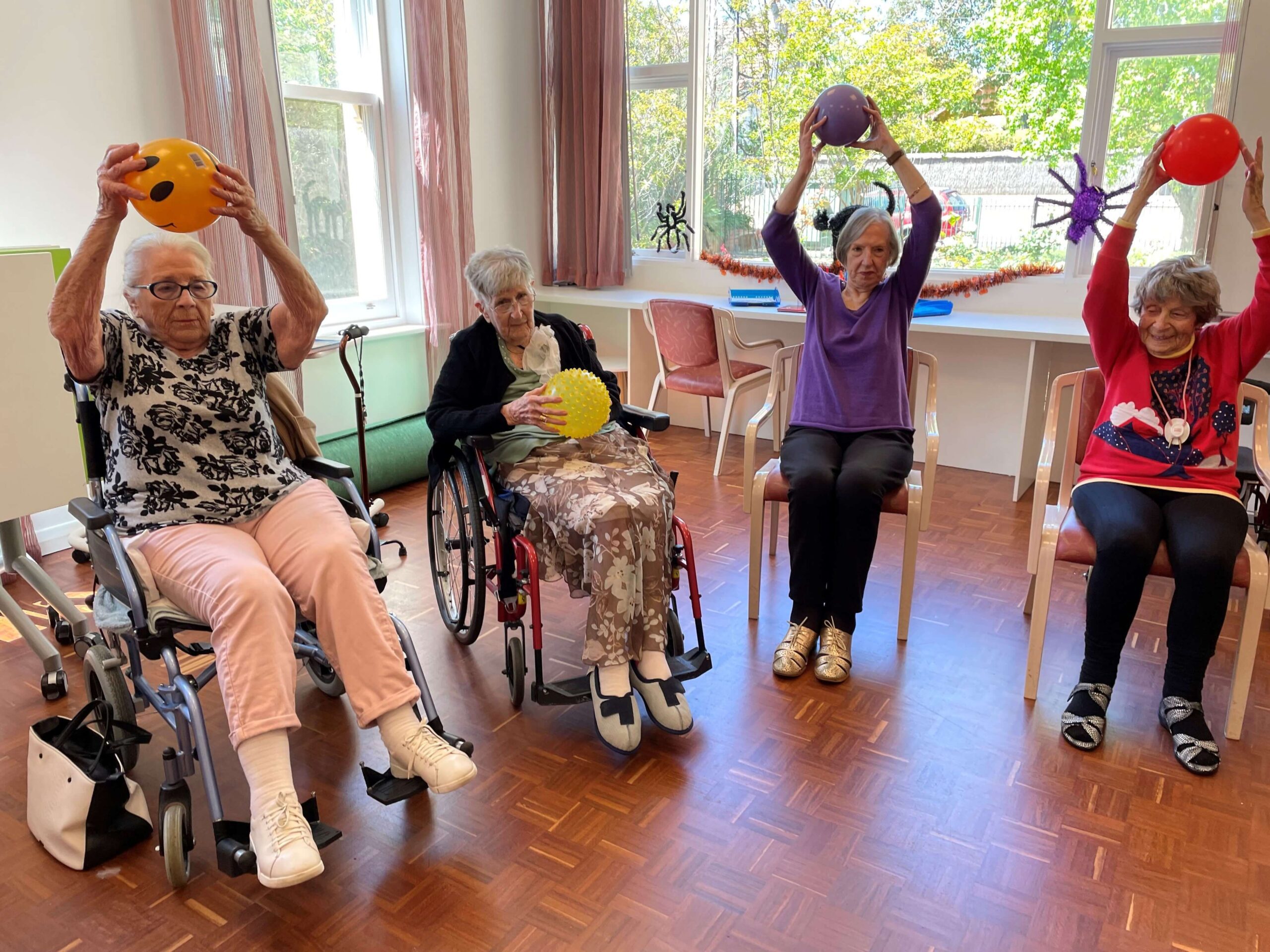Thank you for subscribing! We will never send you spammy emails. Look out for news in your inbox soon!

Find the resources you need by using keyword search and clicking enter or by filtering by category.
All Resources
join the community
VERIFIED businesses
Skilled Nursing Facility
A skilled nursing facility (SNF) provides 24-hour professional nursing care. Services include medical and non-medical treatment, such as physical, occupational and speech therapy in a safe care environment. Additionally, each facility has a medical director, and that doctor or the patient’s physician supervises care. Furthermore, every resident must have an individual plan of care developed by a physician, resident (or resident’s representative), and facility staff. To qualify, patients must be chronically ill or recovering from an illness or surgery, and cannot recover at home.
What are other names for skilled nursing facilities?
- Skilled nursing facilities (SNFs)
- Convalescent hospitals
- Nursing homes
- Rehabilitation centers
- Care homes
- Long-term care facilities
What are the provided services?
- Initial health evaluation as well as ongoing health assessments to monitor a patient’s progress
- Semi-private room for example two or more beds in a room or private room
- Meals including breakfast, lunch, and dinner
- Dietary tips
- Skilled nursing care from licensed nurses
- Assistance with activities of daily living (there are federal regulations regarding what they can and cannot do)
- Social services such as assessing a patient’s mental and emotional care and needs
- Medication management, including potent injectable medications and intravenous medications and solutions
- Medical supplies and equipment used in the facility, for instance a walker or exercise equipment
- Recreational therapy services such as art, music, sports or leisure activities
- Rehabilitation services such as physical, occupational, or speech-language pathology therapy
- Audiology services
- Rehabilitation services for people with life-long challenges include gait training (walking) and bowel and bladder training.
- Specialized units for dementia patients
- They will coordinate transportation for patients needing supplies or services not available at the facility.
Who qualifies for a skilled nursing facility?
Qualifying individuals are anyone who had a qualifying inpatient hospital stay and needs 24-hour care. Patients should seek a Medicare-certified skilled nursing facility. A doctor prescribes daily skilled care, which a skilled nurse or qualified therapy staff provides, and the diagnosis must be
- a hospital-related medical condition or
- a condition that started while a person was in the care of a skilled nursing facility for a hospital-related medical condition.
Most patients are temporary tenants, but there are permanent residences for people needing 24/7 custodial care.
What are the costs, and does Medicare cover them?
Nursing homes are expensive. For example, a semi-private room costs $8,390 per month, while a private room costs $9,584 per month but varies depending on location. Patients or their representatives are provided fees and service details in advance.
Depending upon how many days a patient has left in their benefit period, Medicare Part A (hospital insurance) covers skilled nursing facilities on a short-term basis. There is a 100-day limit for Part A nursing homes per benefit period. Here is a breakdown of pay for each benefit period:
Days 1 – 20: $0 coinsurance
Additional days 21 – 100: Up to $200 coinsurance per day
Days 101 and beyond: the patient is responsible for all costs
Private insurance tends to follow Medicare guidelines.
STAGES is here to educate people about the aging community.
top verified companies
@2022 STAGES FOR LIFE, LLC. Designed Intentionally by SS’
information
sales@stagesforlife.com
Articles
Government
verified businesses
Medical Services
Get Verified
Contact Form
Privacy Policy
Terms and Conditions
Downsizing
Housing and Care Services
Non-Profit
Professional Services
Medical Services
Professional Services
Non-Profit
Housing & Care Services
Government
Downsizing
Stay In The Know
We will get back to you as soon as we can! Thank you for your interest.

